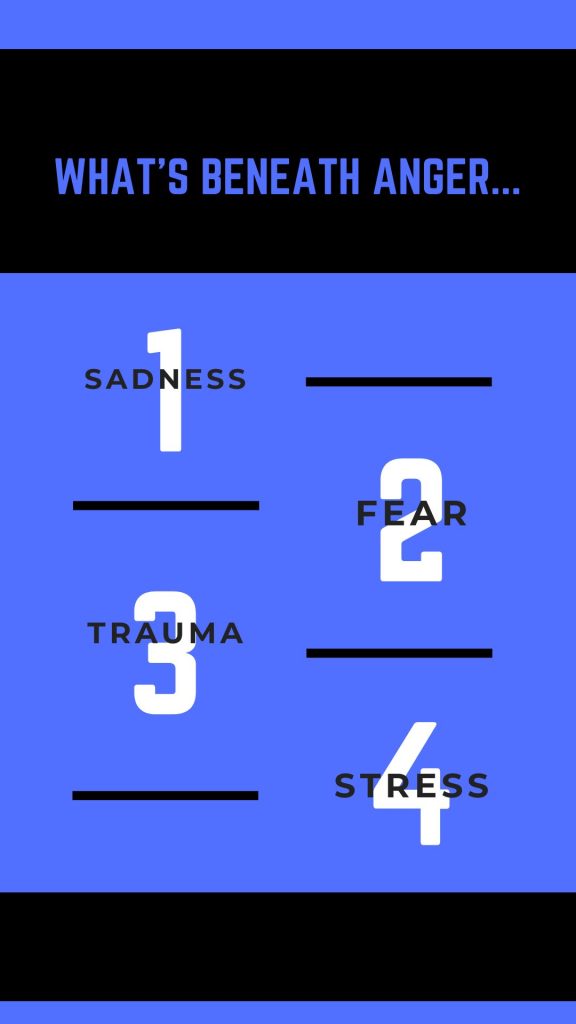
Anger Therapy Techniques
Managing anger alone can feel exhausting. Talking to someone who

Anger is a natural human emotion — but when it becomes overwhelming, explosive, or constant, it can affect your relationships, health, and peace of mind. The good news? There are anger therapy techniques that can help you understand, reduce, and express anger in a healthier way.
Whether you’re looking for anger therapy, therapy for anger management, or free anger management resources you can use at home, this guide walks you through proven tools, exercises, and methods that can help you gain control over your emotions and respond with clarity rather than impulse.

Anger therapy isn’t about eliminating anger — it’s about understanding it. Anger is often a mask for deeper emotions such as fear, hurt, sadness, or stress. Therapy for anger management helps you:
Identify emotional triggers
Respond thoughtfully instead of reacting impulsively
Learn coping and calming skills
Communicate more effectively
If you’re considering anger therapy, know that it can improve emotional well-being, strengthen relationships, and increase self-awareness.

Here are practical and science-supported anger therapy techniques you can start using today:
This technique challenges negative or exaggerated thoughts that fuel anger.
Instead of “This always happens to me,” try:
“This is frustrating, but I can handle it.”
Cognitive reframing is often used in CBT-based therapy for anger management because it reduces emotional intensity.
Anger triggers the body’s fight-or-flight response. Breathing exercises calm the nervous system.
Try the 4-7-8 breathing exercise:
Inhale for 4 seconds
Hold for 7
Exhale for 8
Repeat 4 times.
Before reacting, pause for 10 seconds.
Ask yourself:
What triggered my anger?
What outcome do I want?
This technique prevents emotional “explosions” and allows healthier responses.
Writing helps release anger without hurting anyone.
Try journaling for 10 minutes when you feel triggered — write freely, without rules.
You can also keep an anger log to track patterns and triggers.
Sometimes anger gets trapped in the body. Movement helps release it.
Try:
A brisk walk or run
Boxing or hitting a pillow
Dancing or shaking your body
This is especially powerful for people who struggle to verbalize anger.
Looking for anger management exercises that work on the spot? Try:
Cold water splash: lowers emotional intensity fast
Progressive muscle relaxation (clench–release method)
Counting backwards from 50
Practicing assertive — not aggressive — communication
These exercises work well for both adults and teens.
If you’re interested in free anger management support, here are helpful options:
You can find worksheets online by searching anger management PDF for journaling prompts, coping exercises, and worksheets used in therapy.
Examples of what free PDFs may include:
✔ Trigger tracking charts
✔ Anger iceberg worksheets
✔ Emotional regulation exercises
✔ Reflection questions
You can also join support groups, listen to guided meditations, or talk to a trained listener — many offer free or low-cost options.
Managing anger alone can feel exhausting. Talking to someone who listens without judgment can help you process emotions before they boil over.
Someone Listens provides a safe place to vent, calm down, and talk through what triggered your anger. No diagnosis, no pressure — just a human who understands.
📞 Try a 15-minute introductory call for just $5.
Sometimes, the most powerful step in anger management is simply being heard.
Anger is a normal human emotion — and it doesn’t make you a “bad” person.
The key is learning how to express it safely and work through the cause, not just the reaction.
By practicing anger therapy techniques, using anger management exercises, and accessing support, you can transform how you manage anger — and reclaim your emotional peace.
You’re not alone. Relief begins the moment you choose support over struggle.

Brandon holds a major in Psychology and has a background that's affforded him the opportunity to meet people from all walks of life. With a never-ending curiosity for the human-mind and empathy for those in need, he's turned Someone Listens into one of the top alternatives to traditional counseling.

Managing anger alone can feel exhausting. Talking to someone who

Overthinking and anxiety often come from trying to control the
